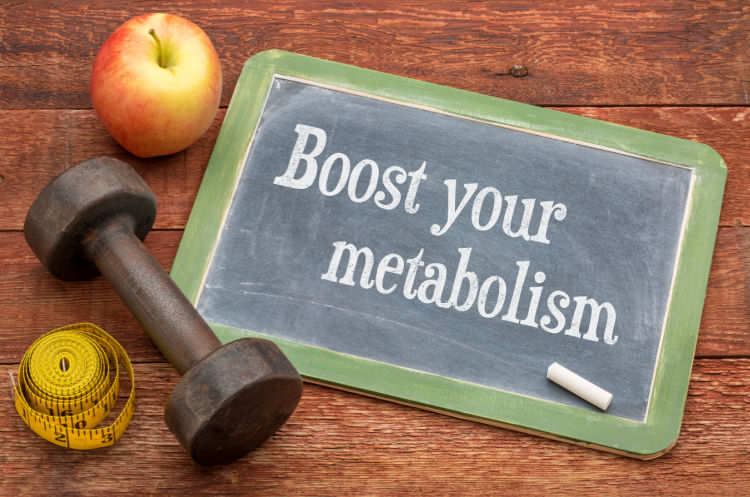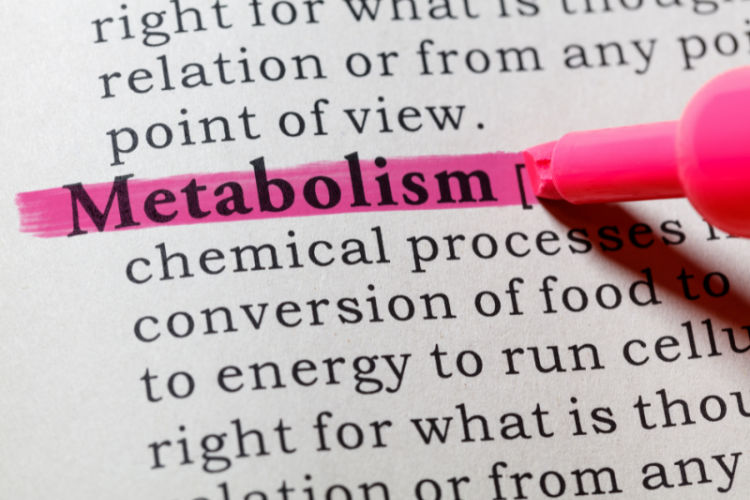
Knowing It Could Save You From Having a Serious Case of COVID19
Many of us are spending lots of time at computers these days. I know I am, and this is hurting my metabolic health, which could be a factor in the ability to fight off severe infection from COVID19, whether vaccinated or not. This week I listened to a podcast with Dr. Ronesh Sinha, a doctor who specializes in metabolic disorders. In case you don’t remember what our metabolic system is, here are a few simple definitions—”Metabolism is a term that is used to describe all chemical reactions involved in maintaining the living state of the cells. Metabolism can be conveniently divided into two categories:
- Catabolism – the breakdown of molecules to obtain energy
- Anabolism – the synthesis of all compounds needed by the cells” (Dr. Ananya Mandal, MD. In News-Medical Net.
Another definition would include “metabolism is the way your body converts food into usable energy” and distributes that energy throughout your system.

The Connection Between Metabolic Health and COVID Disease
Dr. Sinha has been studying how COVID19 hijacks the metabolic system of even seemingly healthy people. He says that this is one of the lesser talked about, but potentially far more serious long-term consequences of the virus. As I was listening to him, it got me thinking about my own history with autoimmune disease. My autoimmune problems may have started with the Epstein Barr Virus. It took years before medical professionals understood the connection between viruses such as EBV and autoimmune diseases. COVID19 may be another EBV in the making with the long-term results being more people diagnosed with autoimmune issues such as Diabetes 1 and 2.

88% of Us Have a Compromised Metabolic System
While popular and social media have focused on the obvious cases of obesity and/or diabetes as complicating risk factors for serious COVID19 consequences, Dr. Sinha says far more people are metabolically compromised than previously thought. He quoted a study that says up to 88% of us are not in great shape metabolically speaking. And that number includes apparently healthy young people as well.
Why is this the case? For one thing—poor diet. For another, not moving our bodies enough and thirdly, getting stressed out too much and not sleeping well. All these factors affect the health of our metabolic system.
One big player is insulin. Many people including me have some underlying insulin resistance tendencies and COVID19 has a way of unmasking it, according to Dr. Sinha. In other words, the virus is very successful at attaching itself to the cells involved in the metabolic system and either exacerbating or creating dysfunction through the metabolic signaling pathways. In layman’s terms, insulin is not getting into our muscles. Initially, the pancreas creates more insulin to help the situation, however, over time, it is not able to keep up and shuts down resulting in diabetes.
Another factor to consider is the body creating a cytokine storm to attack the virus that seems metabolically mediated. Many people with COVID19 have described the pain they feel during and after the initial infection, which Dr. Sinha says is inflammation caused by the surge of cytokine cells (the cytokine storm) created by your immune system trying to fight the infection. And this inflammatory response is made worse by both diet and stress.
While the connections between diet and stress and insulin are well known, Dr. Sinha believes the mix of fear and anxiety created by COVID19 is as serious as obesity as a risk factor because it exacerbates the cytokine storm and creates more inflammation. Are you starting to see all the dots connect? I hope I am explaining it well enough. It really has been eye-opening for me.
I am not trying to add to your stress, but I am making a case for the need to stay calm about COVID19 for the sake of your metabolic health and that means not getting polarized about how people are dealing with it differently. Here is a tapping practice to release stress over the Delta Variant.
The ABCDS of Metabolic Health According to Dr. Sinha!
Let’s add a new protocol in our fight against the pandemic. Whether or not you have chosen to get vaccinated and no matter how you feel about masks, all of us can agree to contribute positively to our own health by working to improve our metabolic systems. When you fix your health, you are contributing to community health but not overwhelming our hospitals. Here are some simple strategies Dr. Sinha recommends, and I wholeheartedly endorse:
- A “Activity”. Not just working out each day but getting up and moving throughout the day. Standing up when working. Going outside several times a day to walk a dog or check on the mail. Doing some simple yoga poses at your workstation every hour.
- B“Breath work”. Trying all different types of breathing practices is important. I have an available affordable breath workshop that introduces you to a dozen different practices. Click here to find out more! You are training your lungs, heart, and cells through anaerobic functioning to avoid the feeling of being short of breath, which Dr. Sinha says creates enormous stress on your body and makes you susceptible to all types of illnesses. Sinha says if you are forced to wear masks, treat it as if you are training to breathe with a mask on to build your system. Initially, it will be uncomfortable, but over time you will be improving your lung capacity.
- C “Cardiovascular Exercise”—this is different than movement and Dr. Sinha points out that it must be at the right dosage. He is not a big fan of HIIT training for many people because too much cardio can lead to more inflammation in the system by creating a cytokine storm and adding oxidative stress. On the other hand, specific amounts of cardio optimize immunity and do not elevate your inflammation according to Dr. Sinha, who recommends doing most of our exercise with a Heart monitor at a rate of 180 BPM minus our age. For me, that would be a maximum heart rate of 118 beats per minute. “You will improve your cellular health and reduce insulin resistance and not cause of the surge of cytokines which create inflammation,” he says and points out that this can work for you even if are unable to do much exercise. For an inactive person, a simple walk can get you into a highly effective anaerobic state to optimize your metabolic health.
- D “Diet” Nutrient-dense foods and intermittent fasting are good strategies. If you check out my recipes, you know I am all about eating whole, organic foods. (To find the recipes, search cooking, and recipes in the search bar) But you may not realize that my goal daily is to stop eating around 6 or 7 pm and fasting until 9 or 10 am the next day. I am not perfect, so when I don’t follow this or eat too many carbs, I then make an effort to help my metabolic system by resting it for more hours to recharge the beta-cell batteries.
- S “Stress and Sleep” Sleep hygiene is so important for our metabolic system because it allows the batteries to recharge and turns off some cellular growth systems and turns on cellular clean up systems.” As far as stress, Dr. Sinha mentioned a recent study that looked at people who suppress their emotions (don’t deal with stress) and people who have strategies to reframe their stress through the nervous system and mindfulness tools like HeartMath®. Both groups were exposed to a rhinovirus through the nose. You can probably figure out which group did better. The “Reframers” as Dr. Sinha calls them, experienced less of a cytokine reaction to the virus and got over it quicker.
The interview was packed full of good calm, nonpolarizing advice like becoming aware of how you feel about words such as mutation. If you reframe that word from something scary and Hollywood-like to understanding the scientific meaning, then you are not sending “cytokine-producing “messages to your Metabolic system. How about this as a more balanced thought? “We can mutate to become more resistant to this virus by changing what we are eating, thinking, and the exercises that we do.” I hope you found this article helpful and that it did not send you into a metabolic downward spiral. Namaste, Andrea
Namaste,
Andrea




Thanks Andrea
I’d appreciate you exploring, and reporting in the role of endocrine disruptors as well.
Thanks Nora for reading. You are right about the endocrine disruptors. That is another big topic for an article.